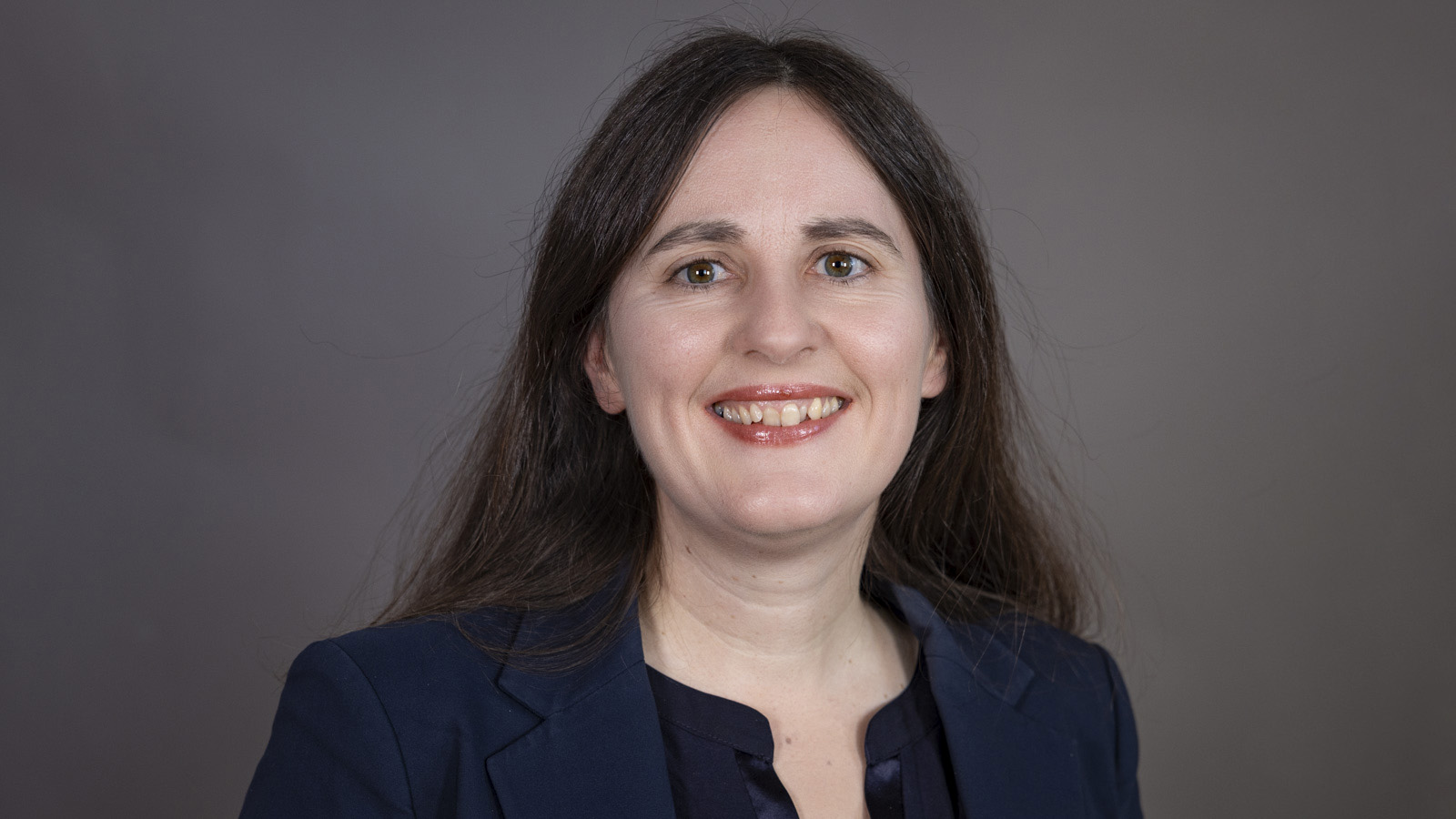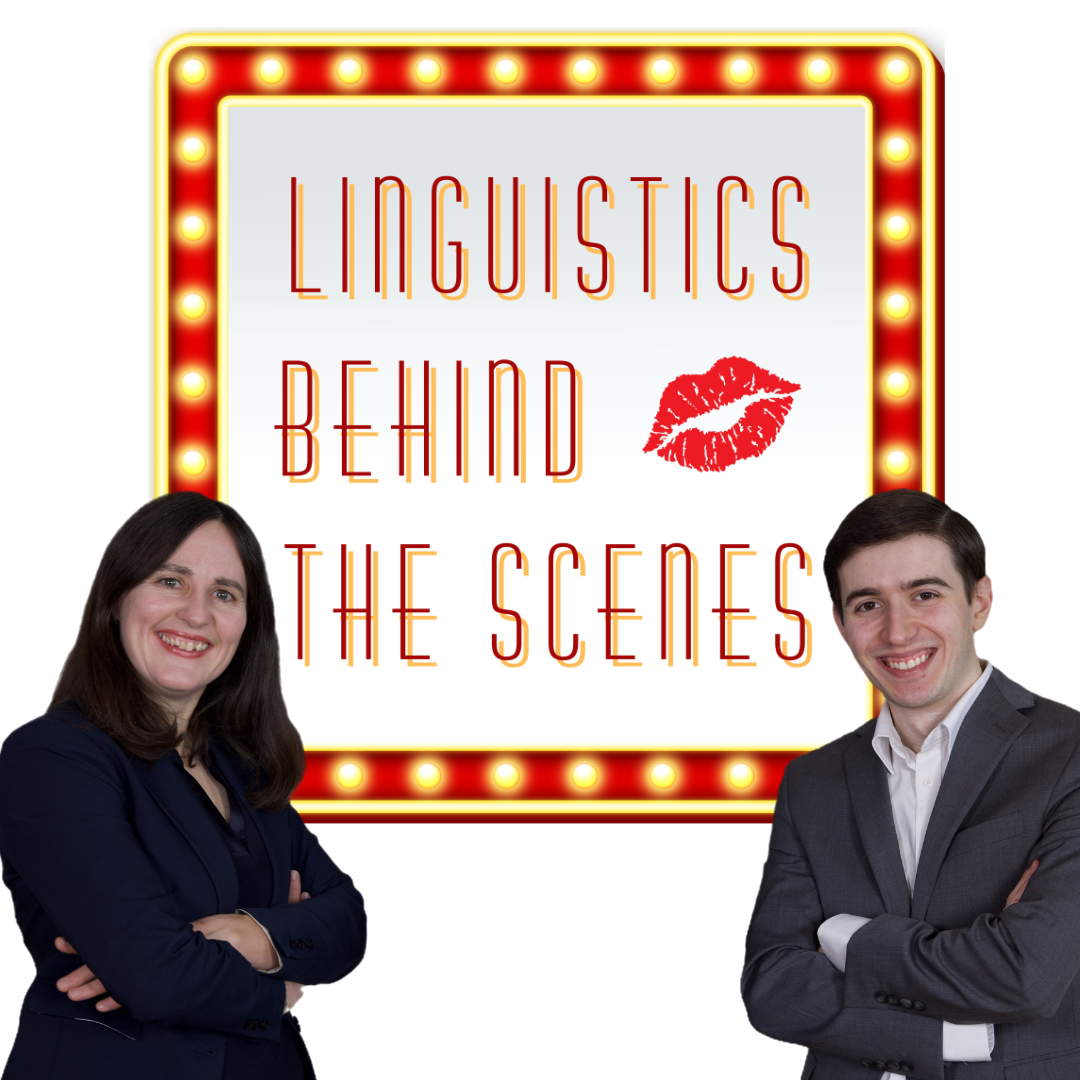 About Me
About Me
Find out more about me in my CV and the interview below.
Academic Positions
2021-
Full professor of English and Digital Linguistics,
Chemnitz University of Technology
2017-2018
Substitute Professor of Modern English Linguistics,
LMU Munich
2018-2021
Senior lecturer (Akademische Oberrätin), Modern
English Linguistics,
LMU Munich
2014-2017
Research and teaching assistant, English Linguistics,
FAU Erlangen-Nuremberg
2009-2017
Research and teaching assistant (English), Language Centre,
FAU Erlangen-Nuremberg
2006-2009
Research and teaching assistant, Applied English
Linguistics,
Augsburg University
2005-2006
Lecturer, English Linguistics,
University of Passau
2004-2005
Lecturer in English Linguistics, FAU Erlangen-Nuremberg
2004 (March)
Research and teaching assistant (substitute), English
Linguistics,
University of Heidelberg
Other professional experience
2007-
Soft skill instructor for different academic institutions (see
Workshops)
2001-2008
Free-lancer for Langenscheidt/Berlitz
(lexicography and language learning materials)
Education
2016
Habilitation (Post-doctoral degree) in English Linguistics, FAU Erlangen-Nuremberg,
English Compounds and Their Spelling
2007
Soft skill instructor certificate, Fortbildungszentrum Hochschullehre
2007-2006
Zertifikat Hochschullehre Bayern (Didactics Certificate for university teachers)
2004-2007
PhD in English Linguistics (summa cum laude/with
the highest distinction), FAU Erlangen-Nuremberg
(supervisor: Prof. Thomas Herbst),
Consociation and Dissociation: An Empirical Study
of Word-Family Integration in English and German,
with a PhD scholarship of the German Academic
Scholarship Foundation (Studienstiftung des
deutschen Volkes)
1997-2003
Studies of English and French for secondary school
teaching (Gymnasiallehramt) at the universities of
- Erlangen-Nuremberg (= FAU) (Germany)
- Reading (Great Britain)
- Rennes (France)
1997
Abitur, Ohm-Gymnasium, Erlangen
Comittee work
2023-2025
Head of Department of English and American Studies, TU
Chemnitz
2024-
Founding Advisory Board member of the Journal of
Language and Pop Culture
2022-
Councillor of XR Hub Bavaria (XRXplorer Schools)
2021-
Councillor of the German Association for the Study of
English (Anglistikverband)
2020-2022
German Management Committee Substitute of the EU COST
action Language in the Human-Machine Era
(LITHME)
Reviewing
Research funding
institutions: Deutsche
Forschungsgemeinschaft, Minerva Foundation
Academic journals:
Historiographica Linguistica
(Benjamins), Language Sciences (Elsevier), English
Language and Linguistics (Cambridge University Press),
English Text Construction (Benjamins), Yearbook of
the German Cognitive Linguistics Association (de
Gruyter)
Publishers (edited
volumes/series): Varieties of English
around the World (Benjamins), Routledge,
Edinburgh UP, Trends in Linguistics. Studies and
Monographs (de Gruyter)
Conferences:
ICAME 40 (Neuchâtel), ICAME 41 (Heidelberg)
Research awards:
Journalist Prize of the German Association for the Study of
English (Anglistikverband) (2013-14), Habilitation
Prize of the German Association for the Study of English
(2022), Dissertation Prize of the German Association for the
Study of English (2024)
Scholarships for
students: Studienstiftung des
Deutschen Volkes, Max Weber Programm
Get to know me better
I am professor for English and digital linguistics at Chemnitz University of Technology.
When I started at TU Chemnitz, I filled in the following questionnaire for my future students, so that they could get an impression of who I am and what I do.
What fascinates you about your subject?
To me, linguistics is the most exciting of all academic subjects, because it is so varied. Linguistics deals with everything that has to do with language, and since language permeates human existence, this means that our topics span the whole range from the correspondence between spelling and pronunciation via the register-specific use of language in comics to the question whether we can predict what English will look like in the future.
How did you become a linguist?
At the beginning of my studies of English and French for secondary-school teaching (Lehramt Gymnasium), I attended a welcome event for new students by the department of English and American studies at the University of Erlangen-Nuremberg. I was immediately fascinated by what Professor Thomas Herbst told us about linguistics, and I was avid to learn more about the subject. When he asked me after my first semester if I would like to work for him as a student assistant, I immediately accepted and told him that I liked linguistics so much that I could imagine very well to continue doing it as a job – and many years on, I’m still as fascinated by the subject as back then; if not even more, because in the meantime, I have been exploring a large range of what linguistics has to offer.
What is your favourite quotation and the story behind it?
My favourite linguistic quotation comes from Charles Hockett’s classical text “The Origin of Speech” (1960):
“‘Whale’ is a small word for a large object; ‘microorganism’ is the reverse.”
I like this quotation very much, because it sounds funny and makes you laugh when you first hear it. But in the next step you realise how clever it actually is, because it makes you think about the arbitrariness of the linguistic sign. Arbitrariness is one of the most important aspects of linguistics and was also described by Ferdinand de Saussure, the founding father of modern linguistics. The question why we call a tree a tree eventually leads to the overarching question that linguistics is concerned with, namely: How do humans communicate?
What is your favourite idea?
My favourite idea is usually the one that is currently keeping me busy in my research and teaching. At the moment, I am particularly fond of the virtual-reality adventure quiz app “Bridge of Knowledge VR”, which I developed jointly with Elisabeth Mayer from the Leibniz Supercomputing Centre and several students. You can download the app to your mobile and answer multiple-choice questions in a VR environment, in which your aim is to cross a bridge in the jungle by selecting the planks with the correct answers using your gaze. But be careful: If you pick the wrong plank, you will experience a free fall (except in fear-of-heights-mode). To watch a trailer and download the app, visit www.bridgevr.de.

 My Instagram
My Instagram My YouTube
My YouTube


